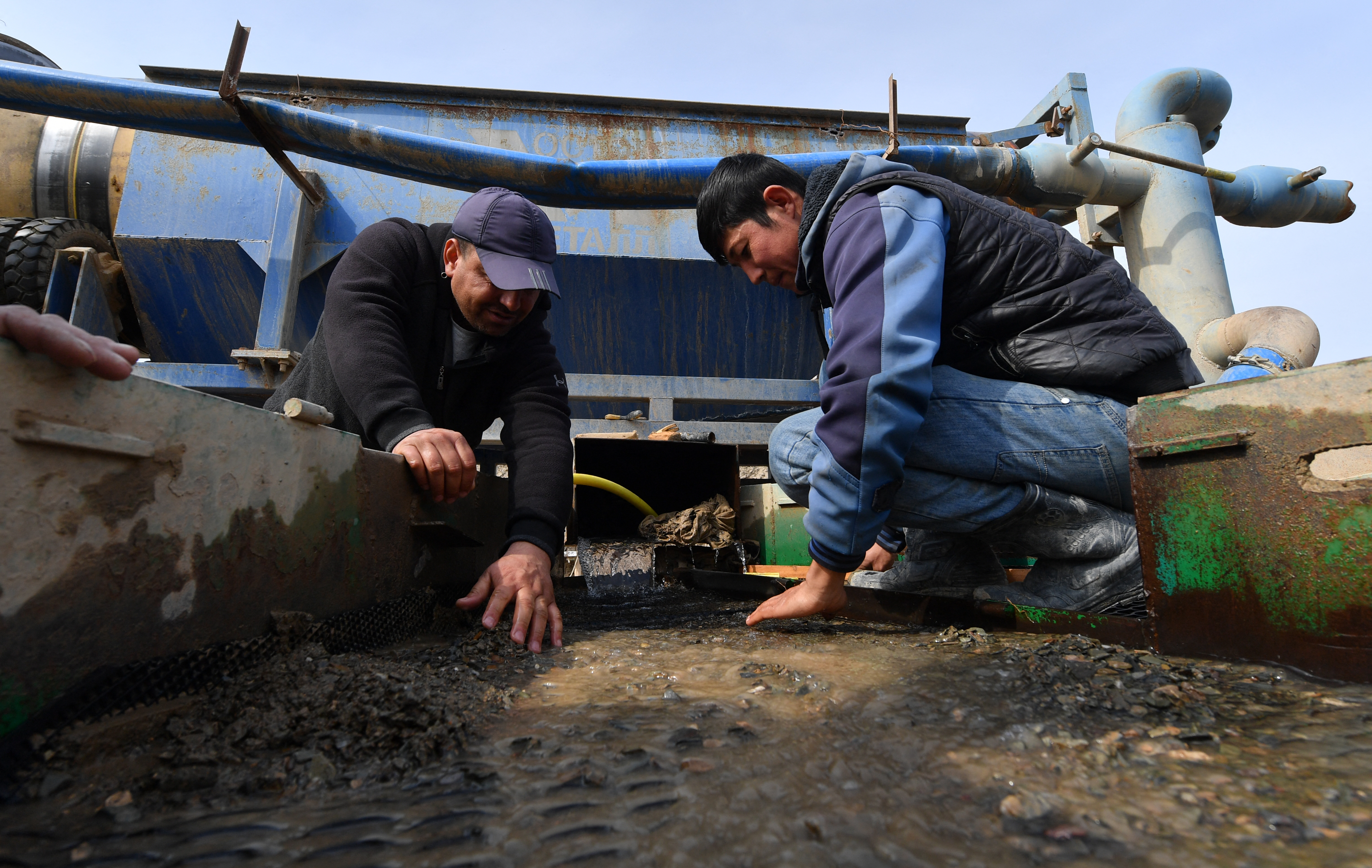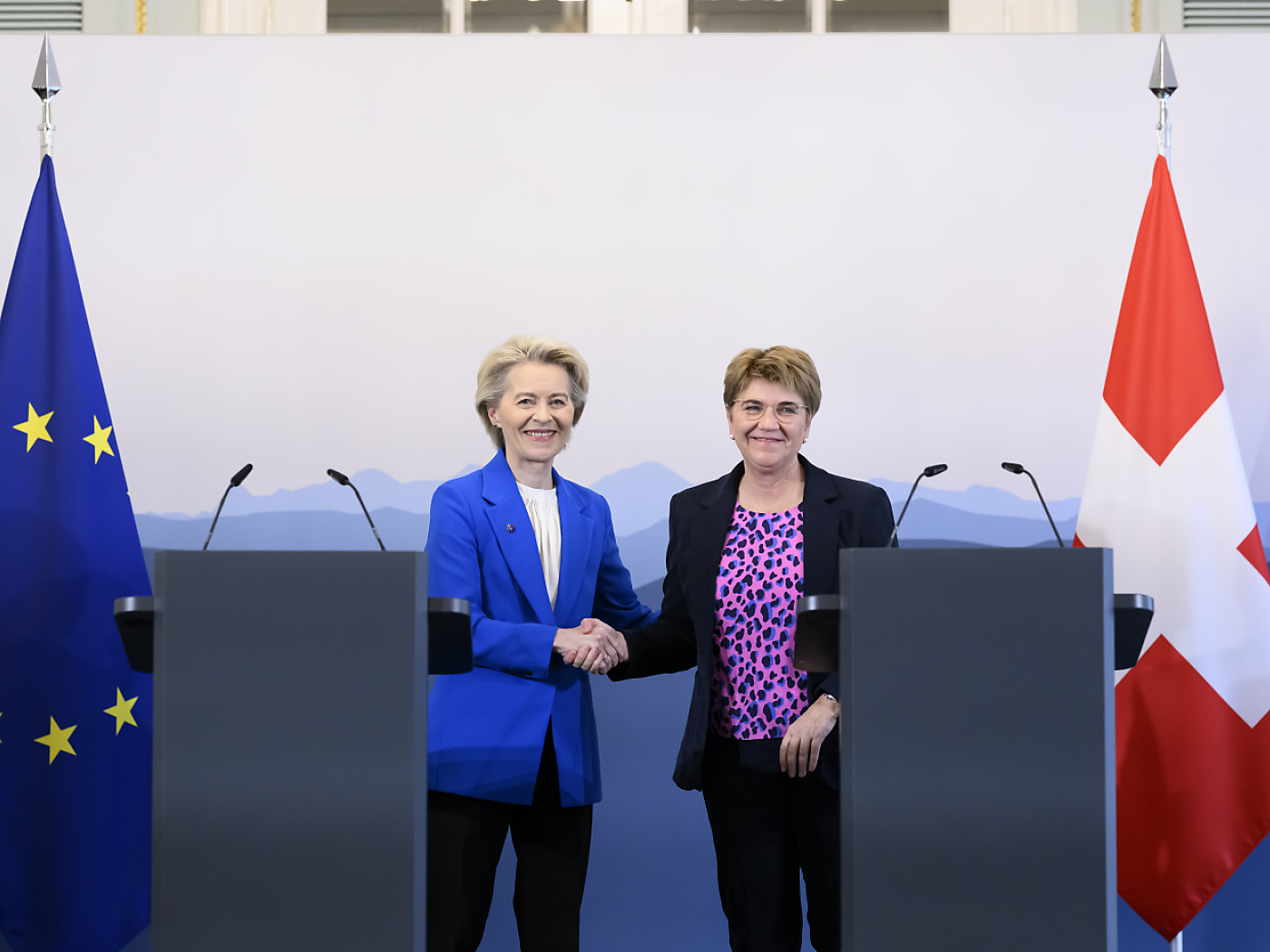
Switzerland Today
Dear Swiss Abroad,
The more you trust someone, the more their betrayal hurts. The Swiss authorities and the political system enjoy a high level of trust from citizens when compared alongside other countries. This is partly due to the fact that they feel they have a say via direct democracy.
This is why the recent scandal surrounding the alleged fraudulent collection of signatures for people’s initiatives is so disappointing and will undoubtedly continue to spark heated debate for some time.
Happy reading!

The Swiss press has again provided extensive coverage of the alleged fraud scandal surrounding the collection of signatures for various people’s initiatives. The Neue Zürcher Zeitung (NZZ), for example, talks about the possible consequences for the initiative that aims to lift the ban on nuclear energy in Switzerland.
In February, campaigners for the ‘Stop the Blackout’ initiative handed in 129,000 signatures to the Federal Chancellery in Bern. Last week, Energy Minister Albert Rösti announced that he wanted to end the ban on the construction of new nuclear power plants via an indirect counter-proposal to the initiative.
But for the collection of signatures, the committee collaborated with the Lausanne-based company Incop, which finds itself at the centre of the alleged forged signatures scandal. The NZZ points out that over half of the signatures for the initiative reportedly came from western Switzerland and 35,164 from canton of Vaud alone. This is not a realistic figure, according to Nils Epprecht, director of the Swiss Energy Foundation (SES), which campaigns for renewable energy and opposes nuclear power.
Epprecht therefore demands that the Federal Council stop working on the counter-proposal until it has been clarified whether the initiative really gathered enough valid signatures (at least 100,000)
- NZZExternal link article (in German, paid)

“School sickness” is increasingly affecting middle-school pupils. Rising absenteeism is worrying parents and schools. This trend affects Switzerland and other European countries. Swiss public radio, RSI, took a closer look at the phenomenon in canton Ticino.
Before the pandemic (school year 2018/2019), there were 67 cases of serious absenteeism (more than 200 lesson hours missed) in the Italian-speaking canton. This figure will rise to 385 in the 2023/2024 school year, a sign of the spread of performance anxiety among adolescents.
“This is a phenomenon that definitely worries us,” says Patrick Gobbi, president of the regional group of directors for Lugano middle schools. “We have to try in some way to help these kids who are absent. We have to find a way to make them comfortable, to make them go back to school. Because staying at home is not a solution.”
In order to facilitate the integration of all pupils, every school has a pedagogical support service, but every situation is different and the growth of this phenomenon is making it difficult for operators in this field. At the end of April, the Lugano regional group wrote to the authorities, expressing concern about the situation affecting pupils and the absence of educational support solutions.
- RSIExternal link in-depth report (in Italian).

Some of the gold imported into Switzerland from Uzbekistan and Kazakhstan may actually come from Russia, in violation of international sanctions. An investigation by SWI swissinfo.ch takes a close look at this subject.
In 2023, record volumes of gold were imported into Switzerland from the two central Asian countries, either directly or via the UK. In total, 130 tonnes of Uzbek gold worth CHF7.3 billion and 59 tonnes of Kazakh gold worth CHF3.3 billion in the form of highly refined gold bars entered Switzerland last year. This meteoric rise began in late 2021, shortly before Russia’s invasion of Ukraine.
Specialists interviewed by SWI believe that the volumes involved are too large not to arouse suspicion. Several sources reveal that in 2023 the total amount of Kazakh and Uzbek gold exported even significantly exceeded the two countries’ domestic production and gold sales by their respective central banks.
Marc Ummel, head of commodities at Swissaid, an NGO that investigates the international gold trade, says: “Does Russian gold arrive in these flows? (…) If you look at the industry’s responses, some companies see the risk directly. Others turn a blind eye.”
- SWI swissinfo.ch investigation (English)

A new survey underlines the importance of the information booklet that every Swiss citizen receives with their voting material. According to the study, the booklet is responsible for a difference of more than 15 percentage points in voting behaviour and voting results.
The study, conducted by political science professor Oliver Strijbis, shows that it affects the electorate from all political camps. However, the content of the voting pamphlet has the greatest influence on those in the centre of the political spectrum.
“The analysed results show that opponents and supporters should pay close attention to the wording of the text in voting documents,” explains Marianne Affolter, director of Kampagnenforum, which commissioned the study to determine the possible effect of voting documents.
“The text of the voting papers must be simple and non-polarising. Many voters only marginally follow the public debate and decide within seconds whether to vote yes or no when they receive the voting material. One should not try to mobilise supporters or convince opponents in the home straight,” says Affolter.
- News agencies reported by RFJExternal link (in French).

The special S protection status given to refugees from Ukraine will be maintained at least until March 4, 2026, the Federal Council decided today.
The condition for the withdrawal of this measure is a lasting stabilisation of the situation in Ukraine and thus the absence of a serious general dangerous situation, the government said. Recent developments show, however, that such a stabilisation is currently unforeseeable and further acts of war are to be expected on the entire territory of Ukraine.
The European Union (EU) had already extended temporary protection in June to over four million Ukrainian refugees in member states until 4 March 2026. Switzerland has so far always followed suit.
However, the S status is under pressure in Bern. For example, the Swiss Senate has adopted a motion by Esther Friedli, a member of the right-wing Swiss People’s Party, which demands that only people whose last place of residence was in Ukrainian regions occupied in whole or in part by Russia, or “where there is more or less intense fighting”, should continue to be eligible for special S protection status.
- BlickExternal link report (in French)

Photo of the day
Switzerland is racking up medals at the Paralympic Games in Paris. One of the latest is the bronze medal won by Franziska Matile-Dörig from canton Appenzell Inner-Rhodes.
She took third place today in the women’s C4 individual time trial in the road cycling event.
Translated from Italian by DeepL/sb

In compliance with the JTI standards
More: SWI swissinfo.ch certified by the Journalism Trust Initiative







